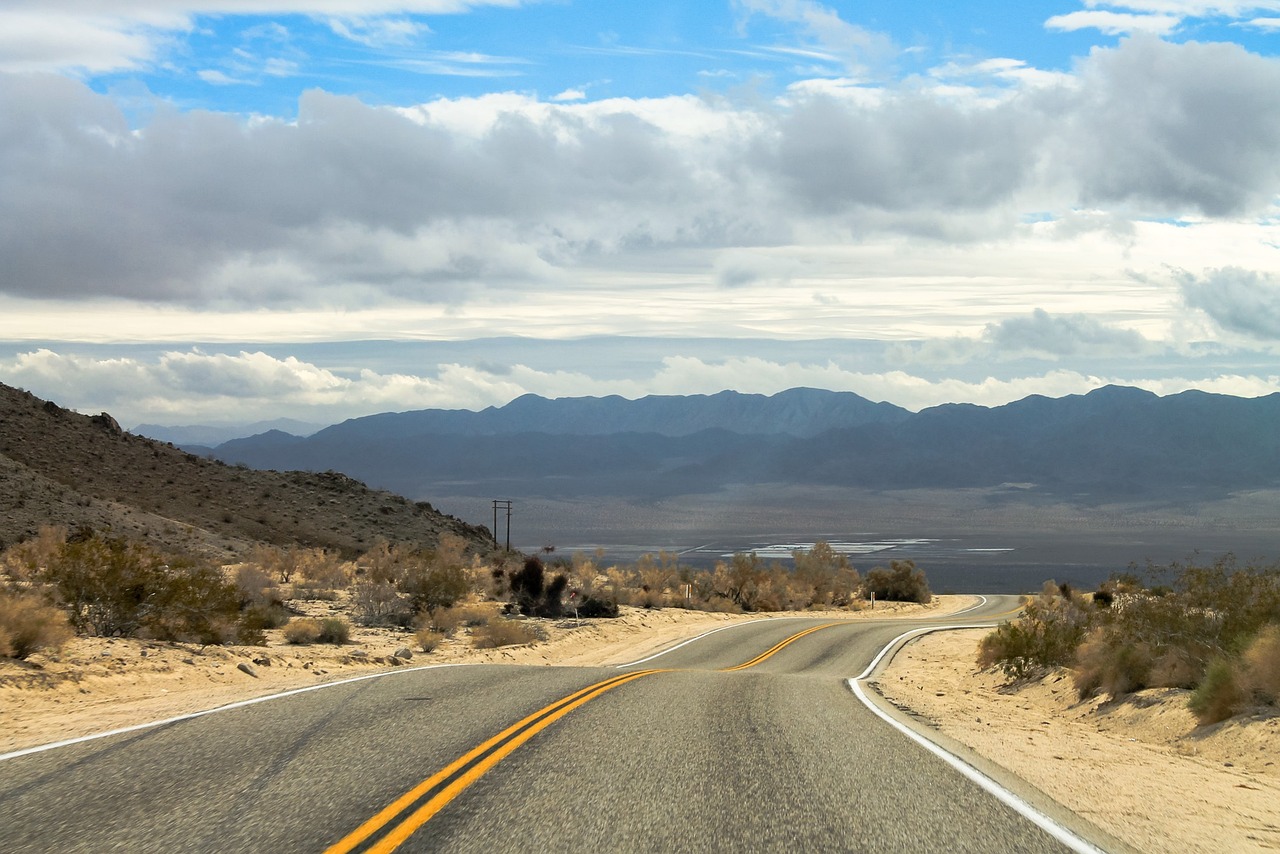United States Video:
Banking and Financial Services for Nomads in the United States
Introduction
Living a nomadic lifestyle can be an exciting and fulfilling experience. However, managing finances and accessing banking services while constantly on the move can pose challenges. In this article, we will explore the banking and financial services available for nomads in the United States. From opening a bank account to accessing online banking and international money transfers, we will cover everything you need to know to manage your finances effectively while on the move.
Bank Account Options
- Traditional Banks: Major banks in the United States, such as Bank of America, Chase, and Wells Fargo, offer a range of banking services tailored to nomads. These banks have a wide network of branches and ATMs across the country, making it convenient to access your funds. They also provide online banking platforms for easy account management.
- Online Banks: Online banks like Ally Bank and Capital One 360 are popular among nomads due to their accessibility and convenience. These banks operate entirely online, allowing you to open and manage your account from anywhere with an internet connection. They often offer competitive interest rates and lower fees compared to traditional banks.
- Mobile-Only Banks: Mobile-only banks like Chime and Simple have gained popularity among nomads for their user-friendly mobile apps and innovative features. These banks offer seamless mobile banking experiences, including mobile check deposits and instant notifications for transactions.
Banking Services for Nomads
- Online Banking: Most banks in the United States offer online banking services, allowing you to manage your accounts, view transactions, and transfer funds online. Online banking provides the flexibility and convenience nomads need to access their finances from anywhere in the country.
- Mobile Banking Apps: Banking apps provided by major banks and online/mobile-only banks give nomads the ability to perform various banking tasks on their smartphones. These apps often include features like mobile check deposit, bill payment, and instant money transfers.
- International Money Transfers: Nomads often need to send or receive money internationally. Banks like Bank of America and Wells Fargo offer international wire transfer services, although they may charge higher fees compared to specialized money transfer services like Wise (formerly TransferWise) or PayPal.
Managing Finances on the Go
- Budgeting Tools: Many banks provide budgeting tools within their online or mobile banking platforms. These tools help you track your expenses, set savings goals, and monitor your financial health while on the move.
- Expense Tracking Apps: Utilizing expense tracking apps like Mint or Personal Capital can help nomads keep a close eye on their spending habits and maintain a clear overview of their financial situation. These apps can categorize expenses, track income, and provide detailed reports.
- ATM Access: When choosing a bank, consider their ATM network and fee policies. Opt for a bank that offers a wide network of ATMs or reimburses ATM fees, ensuring you have easy access to cash wherever you go.
Credit and Debit Cards
- Travel Rewards Credit Cards: Nomads can benefit from travel rewards credit cards that offer perks like airline miles, hotel discounts, and cashback on travel-related expenses. Examples include the Chase Sapphire Preferred and the American Express Platinum Card.
- No Foreign Transaction Fee Cards: Look for credit or debit cards that do not charge foreign transaction fees when making purchases abroad. These cards can save you money on transaction fees while traveling internationally.
- Prepaid Cards: Prepaid cards like the Bluebird Card or the PayPal Prepaid Mastercard can be useful for budgeting and managing expenses. These cards allow you to load a specific amount of money onto the card, limiting your spending to the available balance.
Investment and Retirement Accounts
- Individual Retirement Accounts (IRAs): Nomads can contribute to traditional or Roth IRAs to save for retirement. These accounts offer tax advantages and allow you to grow your retirement savings over time. Consider consulting a financial advisor to determine the best IRA option for your situation.
- Brokerage Accounts: If you are interested in investing in stocks, bonds, or other securities, opening a brokerage account can provide you with access to the financial markets. Popular brokerage firms include Charles Schwab, Fidelity, and TD Ameritrade.
- Robo-Advisors: Robo-advisors like Betterment and Wealthfront offer automated investment services. These platforms use algorithms to create and manage investment portfolios based on your goals and risk tolerance.
Tax Considerations for Nomads
- Residency and Tax Filing: Nomads should be aware of their residency status and tax filing obligations. Depending on your circumstances, you may need to file taxes in the United States even if you spend most of your time abroad. Consulting a tax professional can help you navigate the complexities of international tax laws.
- Foreign Earned Income Exclusion: The Foreign Earned Income Exclusion allows qualifying U.S. citizens or resident aliens to exclude a certain amount of their foreign earned income from federal taxes. This can provide significant tax savings for nomads who earn income while living and working abroad.
- Tax Treaty Considerations: The United States has tax treaties with many countries, which can impact your tax liabilities and obligations. Understanding the provisions of these treaties can help you optimize your tax situation as a nomad.
Insurance Coverage for Nomads
- Health Insurance: It is crucial for nomads to have adequate health insurance coverage while traveling in the United States. Options include obtaining a travel insurance policy that covers medical emergencies or securing a comprehensive global health insurance plan.
- Rental Insurance: If you frequently rent accommodations while traveling, consider purchasing rental insurance to protect your belongings against theft, damage, or loss.
- Travel Insurance: Travel insurance can provide coverage for trip cancellations, lost baggage, and emergency medical expenses. Evaluate your travel plans and choose a policy that suits your needs.
Conclusion
Banking and financial services for nomads in the United States offer a wide range of options to suit different lifestyles and preferences. Whether you prefer traditional banks, online banks, or mobile-only banks, there are solutions available to help you manage your finances effectively while on the move. Remember to consider factors such as ATM access, international money transfers, credit card perks, and tax considerations to make informed decisions about your financial well-being as a nomad.
United States Image 1:

United States Image 2:

United States Image 3:

References:
- bankofamerica.com
- chase.com
- wellsfargo.com
- ally.com
- capitalone.com
- chime.com
- simple.com
- wise.com
- paypal.com
- mint.com
- personalcapital.com
- chase.com/credit-cards/travel
- americanexpress.com
- bluebird.com
- paypal.com/prepaid
- irs.gov
- betterment.com
- wealthfront.com
- charlesschwab.com
- fidelity.com
- tdameritrade.com
- state.gov
- healthcare.gov
- travel.state.gov


